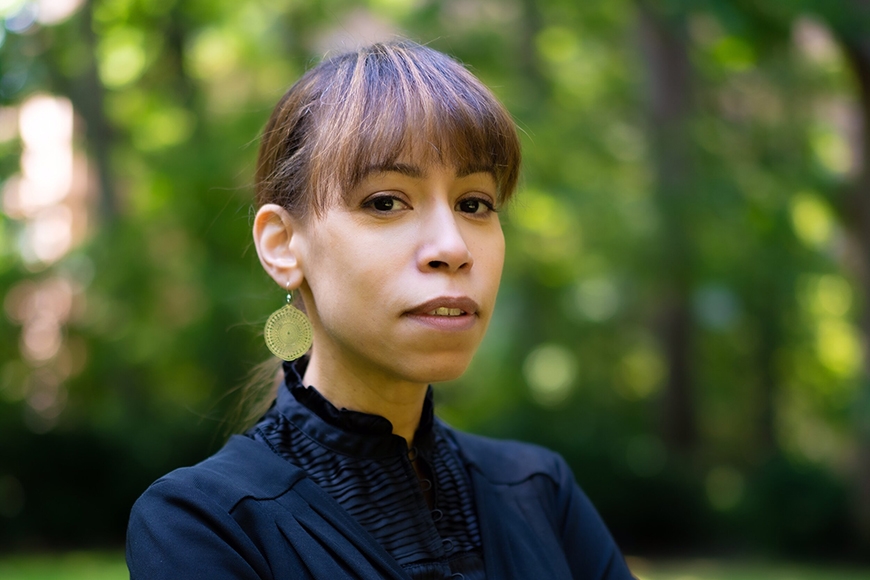Habiba Ibrahim: "The Black Art of Watchfulness"
310 Pillsbury Dr SE
Minneapolis,
MN
55455
The Joseph Warren Beach Lectures series presents Habiba Ibrahim, Professor of English at the University of Washington. In this hybrid talk, Ibrahim will consider a Black aesthetic of watchfulness that accompanies imaginative returns to the civil rights era. Photos of Emmett Till’s ravaged 14-year-old body in an open casket pressed the nation to witness ongoing racial brutality. As an icon of a past that wasn’t past in the 1950s—the post-Reconstruction nadir of Black life—the photos visually held history and transformed it into an open question in the present. Along with Emmett’s mother, Mamie Till Mobley, who bears witness and expresses grief, the iconography of lynching in this context of grievance conveys an active expectation of the viewer that seems to reverse the gaze. Focusing on Dawoud Bey’s photography and Toni Morrison’s only short story, this talk begins at the conspicuous intersection of race and age to explore how Black aesthetic forms produce the subversive effect of watchfulness. The effect holds us in a present that requires something of us; to act, think, commit, for the sake of a future.
This is a hybrid event. Register for online access (it's not necessary to register if you are attending in person). Presented by the Department of English, this event is free and open to the public. For questions about accessibility services and the venue, please email sutt0063@umn.edu or call 612-626-1528.
Ibrahim's scholarship is in African American literary studies of the 20th and 21st centuries. Her most recent book, Black Age: Oceanic Lifespans and the Time of Black Life (NYU Press, 2021), received Honorable Mention for the 2022 Pop Culture Association's Harry Shaw and Katrina Hazzard-Donald Award for Outstanding Work in African American Popular Culture Studies.
Ibrahim's book Black Age tracks how age for people of the Black diaspora has been historically constituted as “untimely," arguing that over various phases of the transatlantic slave trade, the Black body had been separated from hegemonic relations to liberal humanist measures of time on various scales. Ibrahim's first book, Troubling the Family: The Promise of Personhood and the Rise of Multiracialism (University of Minnesota Press, 2012), argues that the multiracial movement of the 1990s and 2000s was symptomatic of irreconcilable and disavowed losses of second-wave feminism, evidenced in the foreclosure of interracial feminist alliances. Ibrahim is the recipient of the African American Review’s Darwin T. Turner Prize.
